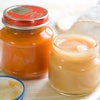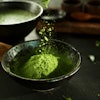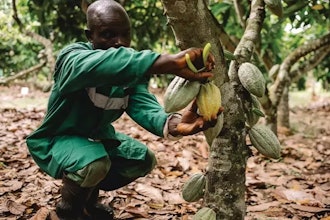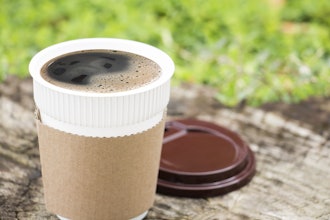BRUSSELS (AP) — A European Union committee on Tuesday approved rules that would allow the import of animal feed contaminated with small traces of genetically modified crops.
The EU Commission and Parliament are expected to accept the rule by this summer, which would change the bloc's attitude toward biotech food.
Tuesday's decision by a panel of experts from the 27 EU countries could be a breakthrough for such major exporters such as the United States, Brazil and Argentina. It was immediately welcomed by the European feed industry and condemned by environmental groups.
For several years, the EU has been engaged in a highly political dispute about whether to continue the bloc's full zero-tolerance policy toward biotech food or allow some genetically modified products which are deemed safe.
Unlike the United States, where using genetically modified crops has become a widely accepted practice, Europe has remained extremely hesitant to embrace biotech food, fearing possible negative effects on nature and consumers alike.
Consumer groups and environmentalists have argued that even trace amounts of contaminated imports were an excessive concession.
"There is absolutely no reason to allow contaminated food to be fed to animals in Europe. Weakening safety rules to appease the animal feed industry compromises human and environmental safety," said Friends of the Earth Europe food spokesperson Mute Schimpf.
Greenpeace wants to maintain a zero tolerance policy. Organization spokesperson Stefanie Hundsdorfer warned that the new rules are possibly the first of many concessions.
"Setting a tolerance threshold, however low, is a sign that Europe is losing control over its own food production to please American exporters," said Hundsdorfer. "The danger now is that EU countries come under pressure from the pro-GM lobby to also allow GM contamination in food products for direct human consumption."
The European fodder business has said European farming was low on the protein feed needed to fatten cattle, and approval of the rule would help clear that.
It also said whole shipments of feed could be halted for minute traces of contamination. "This measure should safeguard vital supplies," said FEFAC industry federation president Patrick Vanden Avenne.
The federation says that currently some 50 million tons of feed a year are imported to meet demand of some 465 million tons overall.


















